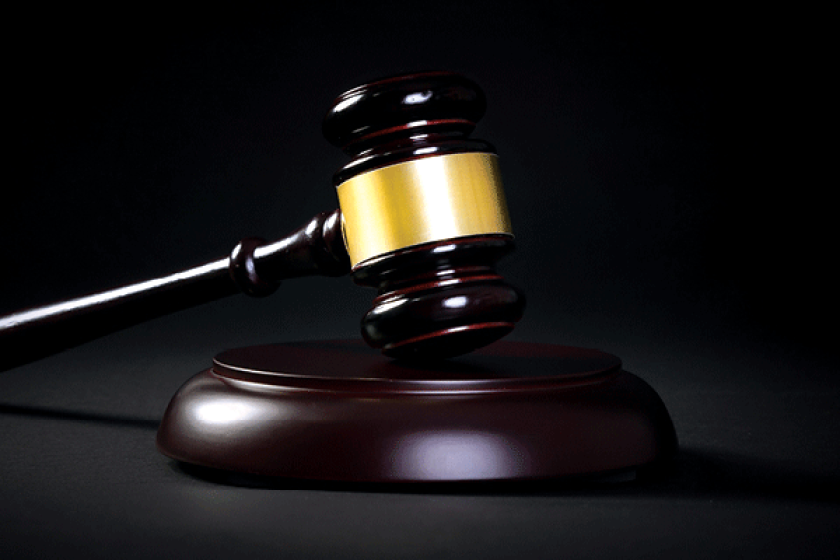At yesterday's session on “In-House Perspectives on IP Enforcement”, a panel shared with a packed room their concerns and tips on the increasingly complex landscape of IP litigation and the criteria they value most when selecting outside counsel for litigation.
In an era of increasing cross-border litigation, in-house counsel either dread or view it as an opportunity. How outside counsel can help them navigate these snares makes a huge difference in whether they get chosen and retained for cases.
Elke Simon, head of patents at German pharmaceutical company Boehringer Ingelheim, told the audience that it is important to prepare for litigation as early as possible.
“For our company, we’ve had different parties chasing us in different countries for compound patents that were about to expire,” said Simon. “This has meant having to deal with a lot of parties in a lot of countries.”
She recalled that a change in South Korean law in 2011 resulted in more than 40 parties chasing the company on one patent.
“We needed to have oversight of the different parties’ arguments in all the countries,” said Simon.
In the past, exchange of information and know-how was much less efficient compared to today. This translates into the need to be consistent when facing different parties.
“When we remain consistent, it actually fires back on the parties and creates an opportunity for us,” Simon said.
Sharing experiences from the car industry, Beatrice Levy-Moulin, IP director at Valeo in Paris, said that while the original equipment component of the business is more focused on specific countries such as Germany, the US and China, the component focusing on the business-to-consumer market is much more diffuse and involves more cross-border litigation.
“Today, with the connected car industry and the dependence on SEPs, it is becoming more difficult to convince management of the need to make different decisions in different countries,” said Levy-Moulin. “Sometimes it is better to have something global, but this is difficult.”
For Mark Snyder, head of global litigation at Qualcomm in the US, standard essential patents (SEPs) and licensing have created the uncertainty of whether courts in one jurisdiction can decide rights globally or whether jurisdiction-by-jurisdiction litigation is needed, dragging companies into cross-border disputes. In some countries, with concerns over licensing rights and the creeping in of antitrust law in IP cases, matters are only getting more complicated.
Shifting to counsel selection criteria, Simon said it is “absolutely the technical expertise that is key in the pharma industry”. As the sector involves a lot of cross-border work, the ideal counsel must be a team player and able to cooperate with people across multiple countries.
“What is not important is whether the firm is ultra-famous or has a great brand,” said Simon. “When I work with a great team and they go to a different law firm, I would go with the team.”
In addition to technical expertise, factors she values are business acumen, transparency, openness and honesty.
For Levy-Moulin, knowledge of the business is what makes the difference.
“Quality is linked to expertise and the cherry on the cake is the price,” she said, adding that she focuses on the connection and relationship with the firm, level of transparency, and whether people are fluid and easy to communicate with.
Court room experience is key for Snyder.
“If you don’t have the experience, we won’t be looking at your firm, but what is critically important to us is the experience in the technology,” he said. “We build a lot of investment into our outside counsel and we train them on everything from licensing to SEPs and FRAND to make sure there is consistency among counsel.”
For large disputes, such as the ones with Apple which involved more than 150 litigation cases globally, the capacity of counsel may be outstripped, so there is a need to find a deep enough bench in major litigation. However, there may be a conflict with adversaries in the same space, so often there isn’t a lot of room for selection.
The Congress finishes on September 18.
Image credit: Simon Callaghan Photography











